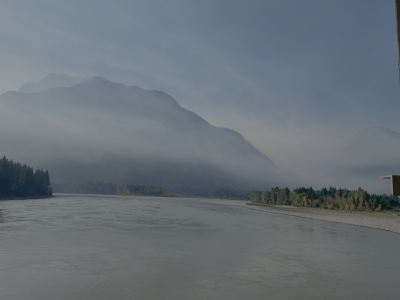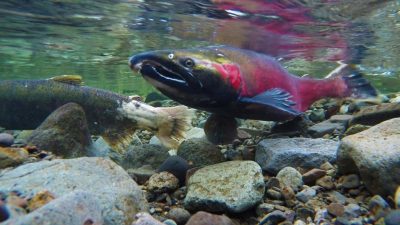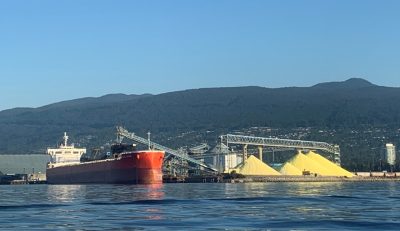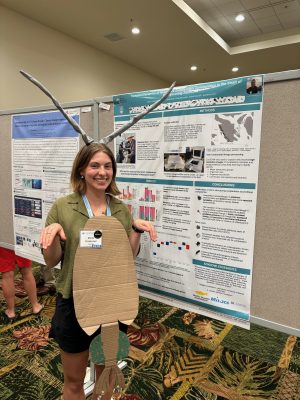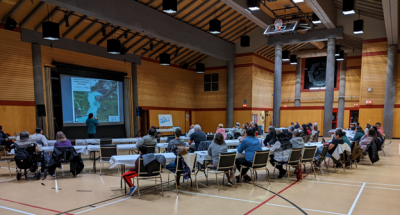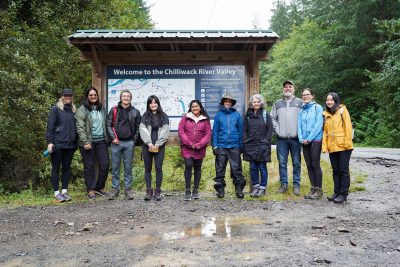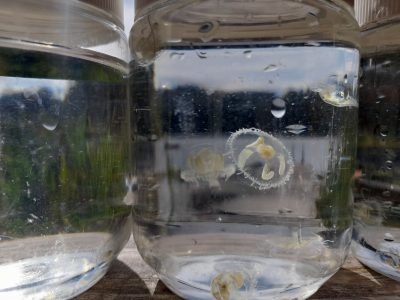Wildfires could be harming our oceans and disrupting their carbon storage
Wildfires pollute waterways and could affect their ability to sequester carbon, recent University of British Columbia research shows.
The future of Pacific salmon: Community dialogues underscore the urgent need for collaborative restoration
Thirteen public meetings to gather knowledge from local and Indigenous communities in support of salmon rebuilding and recovery in the Pacific Northwest.
Hindcasting the Salish Sea reveals long-term patterns of environmental change
Greig Oldford, PhD Candidate at the University of British Columbia’s Institute for the Oceans and Fisheries (IOF) recently co-developed The Hindcast of the Salish Sea (HOTSSea) to address gaps in historical observations.
IOF faculty and students win awards from the Peter Wall Legacy Awards program
These awards are one of the largest internal award programs at any university in North America. The suite of awards will support the research activities of tenure-track faculty members at all stages of their career, and those of Master’s and doctoral students.
Why what happens on the land is critical to the health of our oceans
What is the significance of these myriad small streams to the surrounding ocean, so important to people’s livelihoods, culture, and well-being in British Columbia?
Deniz Coskuner (MSc OCF) wins Best ECOP poster at PICES 2024
Her poster was entitled “Temporal dynamics of nearshore zooplankton communities in the Strait of Georgia: Implications for ecosystem health”
Partnering with Indigenous communities to improve research outcomes
Trust was essential in encouraging the community to discuss their relationships with spaces in Atl’ka7tsem and to use research findings during decision-making.
IOF Field Trip Recap: Chilliwack Lake
A huge thank you to everyone who joined us on our incredible field trip to Chilliwack Lake on September 11th! The day was filled with exploration, learning, and stunning views of BC’s freshwater ecosystems.
Thousands of jellyfish clones are multiplying in B.C. lakes
An invasive, freshwater jellyfish is popping up in B.C. waters in the thousands – up to 34 places so far – and future sightings could increase rapidly by the end of the decade as climate change extends this range.
IOF faculty members receive funding from Government of Canada
Dr. Marie Auger-Méthé’s Canada Research Chair in Statistical Ecology (Tier II) was renewed, and she, along with Dr. William Cheung and Dr. David Rosen received NSERC Discovery Grant funding.
